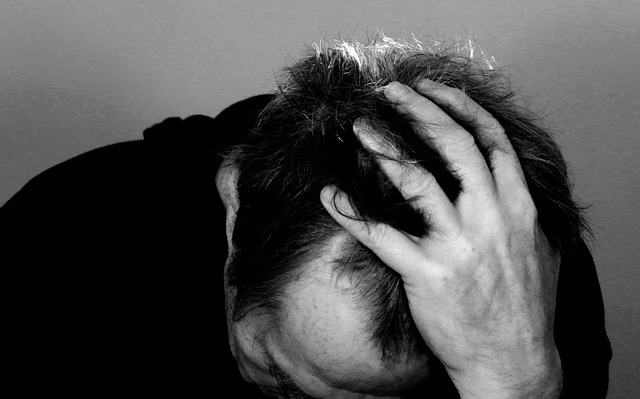Cognitive Behavioral Therapy (CBT) have been well known for years, and it is considered one of the best options to treat the mind of people who suffer from an anxiety disorder. As a part of this therapy, the patient interacts with a mental healthcare professional and discusses feelings, emotions, and behaviour.
Thus, the patient and the psychotherapist will work together to expel the negative thought processes. Now, researchers have found that CBT is helpful in increasing longevity among people who suffer from anxiety and other related disorders.
How CBT increases longevity?

During the study, researchers selected 46 participants who are suffering from a social anxiety disorder. Nine weeks of CBT treatment were given to these participants, and during this time, no psychotropic drugs were given to them. After nine weeks, researchers checked the blood samples of the participants and found that anxiety levels were reduced drastically.
Surprisingly, researchers also noted a spike in telomerase activity in these blood samples. It should be noted that telomeres a structure in the human DNA that is inherently related to the ageing process. As cells divide and we age, telomeres become slightly shorter. Telomerase is an enzyme that slows down this process, and thus it will effectively promote longevity.
"Telomere length and telomerase activity did not change significantly after treatment, but an increase in telomerase over treatment was associated with reduced social anxiety. Also, lower pretreatment telomerase activity predicted subsequent symptom improvement," wrote the researchers in the study report published in the journal Translational Psychiatry.
CBT to gain popularity
Even though CBT is widely used as a treatment for anxiety disorder, this additional benefit will surely enhance its popularity in the coming years, and it will encourage more people any kind of disorder to try this therapy. Currently, this form of therapy is being used among 45 percent of people who suffer from anxiety and other mood disorders.









